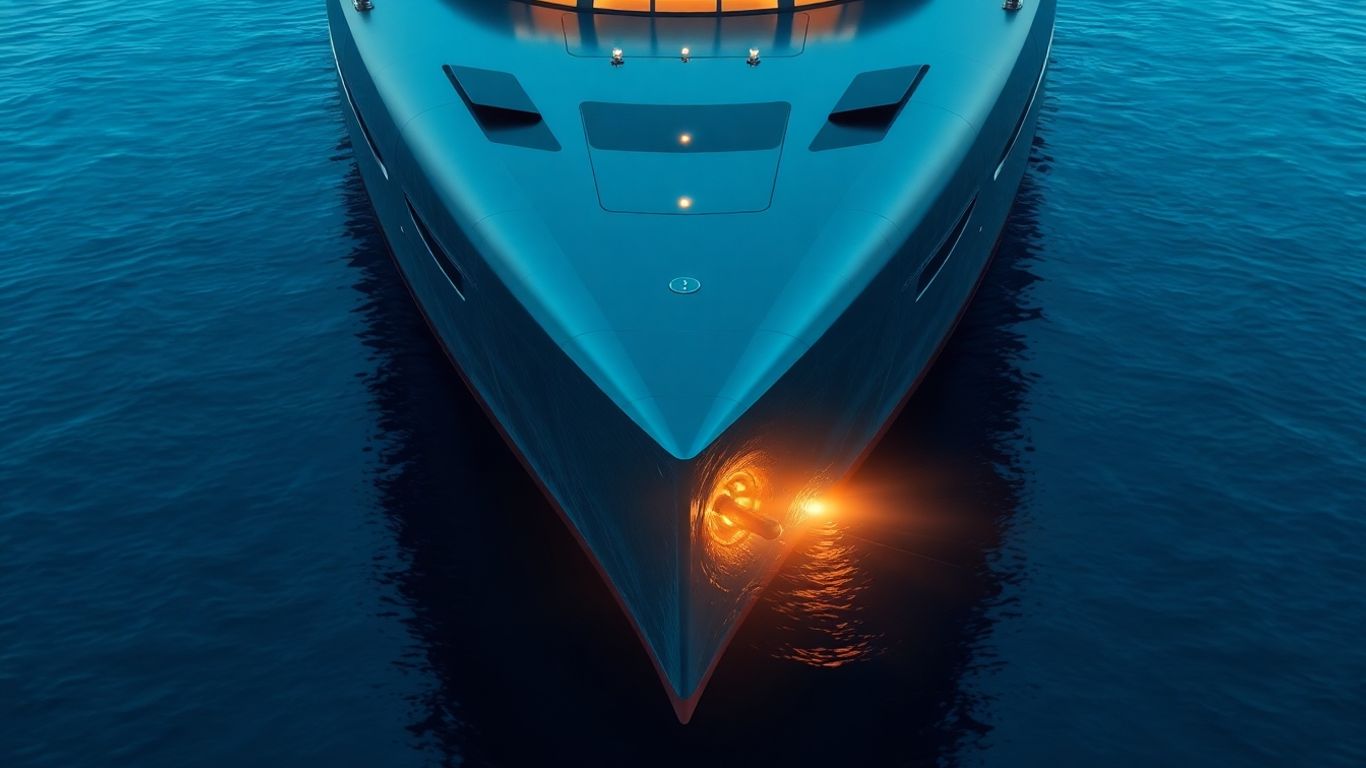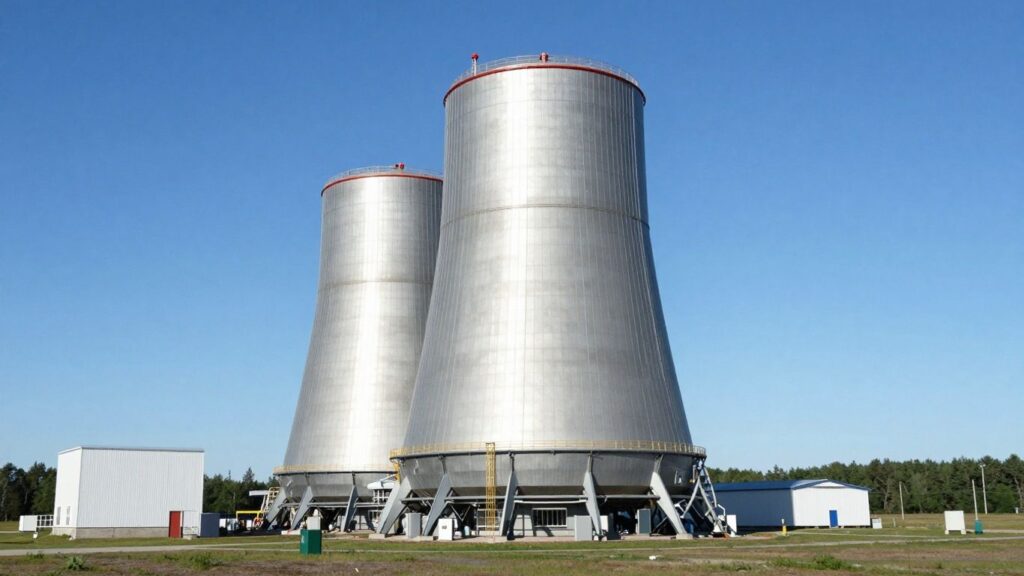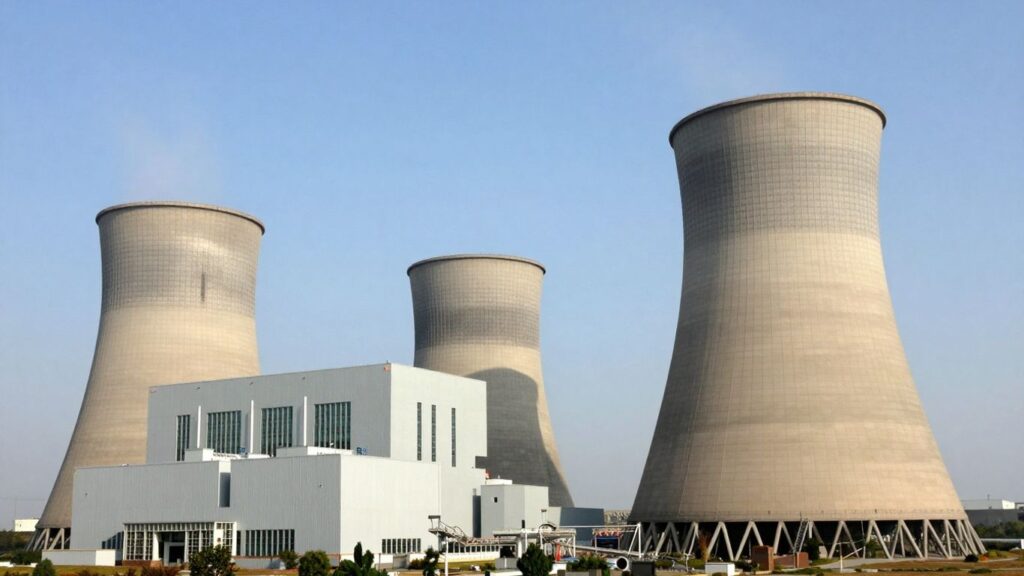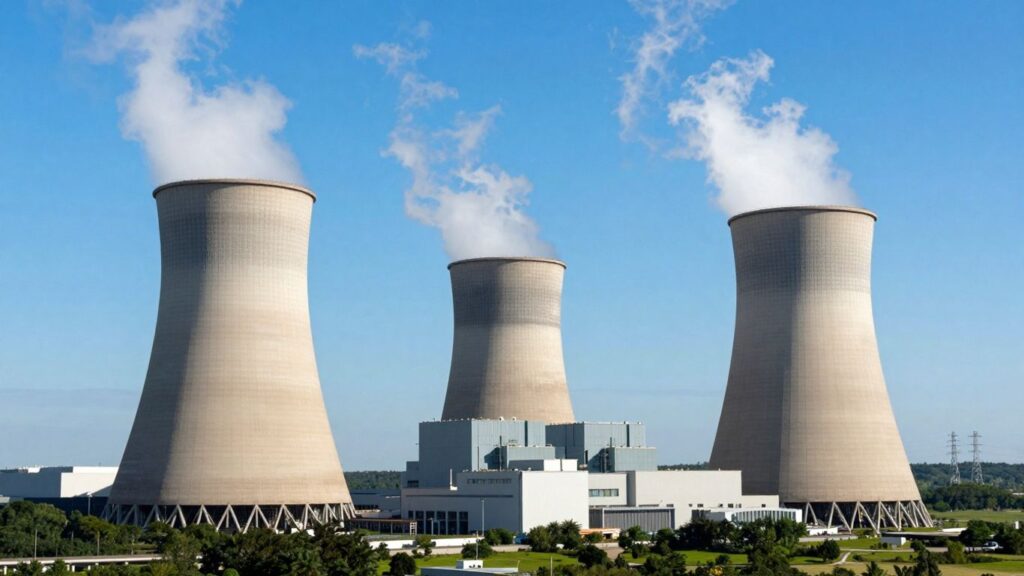Swiss technology giant ABB and Swedish nuclear developer Blykalla have significantly strengthened their collaboration, signing a new memorandum of understanding (MoU) to accelerate the adoption of small modular reactors (SMRs) within the maritime sector. This expanded partnership builds upon an existing agreement focused on SMRs for Sweden’s clean energy needs, now specifically targeting the potential of nuclear power for marine applications.
Key Takeaways
- ABB and Blykalla are deepening their partnership to advance SMR technology for maritime use.
- Blykalla’s SEALER, a compact lead-cooled SMR, is central to the collaboration.
- The agreement aligns with the International Maritime Organization’s efforts to update safety codes for nuclear-powered ships.
- This move signifies a growing industry interest in nuclear propulsion as a decarbonization solution for shipping.
Advancing Maritime Nuclear Propulsion
The enhanced collaboration between ABB and Blykalla aims to leverage Blykalla’s innovative SEALER (Swedish Advanced Lead Reactor) technology for shipboard applications. The SEALER is a compact, 55 MWe reactor designed with inherent passive safety features, requiring no operator intervention. It was identified in the Nuclear Propulsion for Merchant Ships I (NuProShip I) project as a promising candidate for powering larger vessels.
ABB will contribute its extensive expertise in system integration, including electrification, power distribution, control, and automation technologies, which are crucial for the successful deployment of SMRs on ships. This partnership is seen as a vital step in realizing the potential of nuclear propulsion to meet the maritime industry’s demand for clean energy and drive decarbonization efforts.
Regulatory Momentum and Industry Trends
The intensified collaboration between ABB and Blykalla coincides with growing momentum within the international maritime community to explore nuclear power. In June, the International Maritime Organization’s Maritime Safety Committee (MSC) approved recommendations to amend the Code of Safety for Nuclear Merchant Ships. These revisions are intended to incorporate advancements in nuclear technology, such as SMRs, which were not covered by the original code.
Jacob Stedman, CEO of Blykalla, expressed enthusiasm for the expanded partnership, stating, "With our compact reactor design, we see a unique opportunity to lead the way in maritime nuclear propulsion – a solution uniquely positioned to meet the sector’s demand for clean energy." Juha Koskela, President of ABB’s Marine & Ports division, added, "SMRs hold significant potential to drive decarbonization, and our collaboration with Blykalla will help to advance their viability in maritime applications."
This development is part of a broader trend in the shipping industry exploring nuclear energy. Other initiatives include HD Hyundai’s collaboration with TerraPower on an SMR-powered containership concept, Samsung Heavy Industries’ nuclear-powered gas carrier design, and explorations into floating nuclear power plants. The formation of the Nuclear Energy Maritime Organization (NEMO) as an official NGO with the IMO and IAEA further underscores the industry’s commitment to nuclear-powered shipping.












